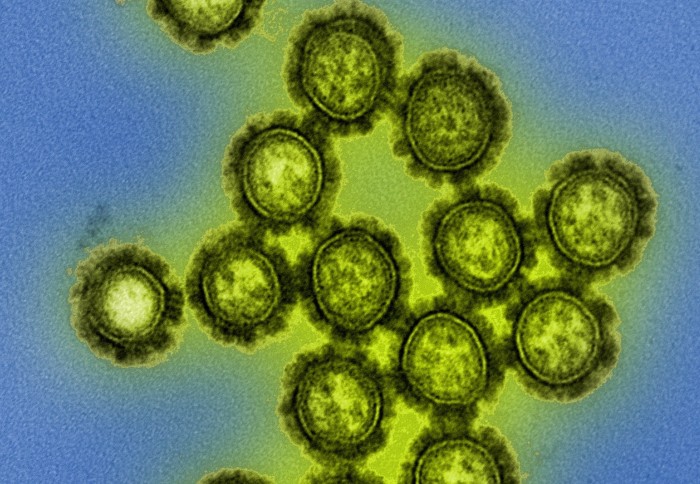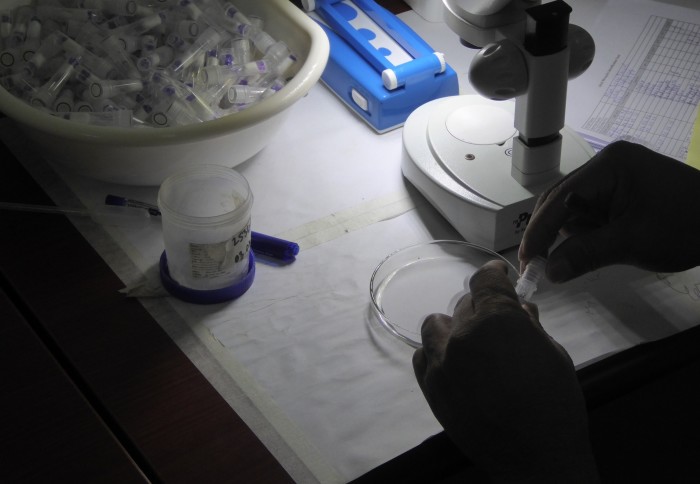
Malaria Modelling
Applying mathematical models to guide malaria control and elimination
Despite encouraging declines in the burden of malaria at the beginning of the 21st century, progress over the previous decade has stalled, with disruptions to the distribution of key preventative interventions leading to an upsurge in disease following the COVID-19 pandemic. As a result, malaria remains a leading cause of morbidity and mortality worldwide. Our research takes a biological approach to constructing models to better understand the transmission dynamics of malaria both within the human and vector hosts and between hosts. From a public health perspective, we use these models to consider how interventions can be optimally combined to reduce transmission and ultimately to lead to local elimination.
We are an interdisciplinary group of researchers with an interest in using empirical data to develop models to inform public health decision-making. Members of the group have a diverse range of academic backgrounds - including mathematics, statistics, ecology, biology, and clinical medicine. We collaborate extensively with academic groups in malaria-endemic countries worldwide, and also in the UK, Europe, the United States and Australia.
Hosted by the Department of Infectious Disease Epidemiology and the MRC Centre for Global Infectious Disease Analysis, we work to inform policy and hence we engage with a wide range of public health stakeholders. We engage in public communication activities - giving talks to school children, at national science fairs and events, and to government and non-governmental organisations.
Image courtesy of Arne Hoel / World Bank. Original image.

